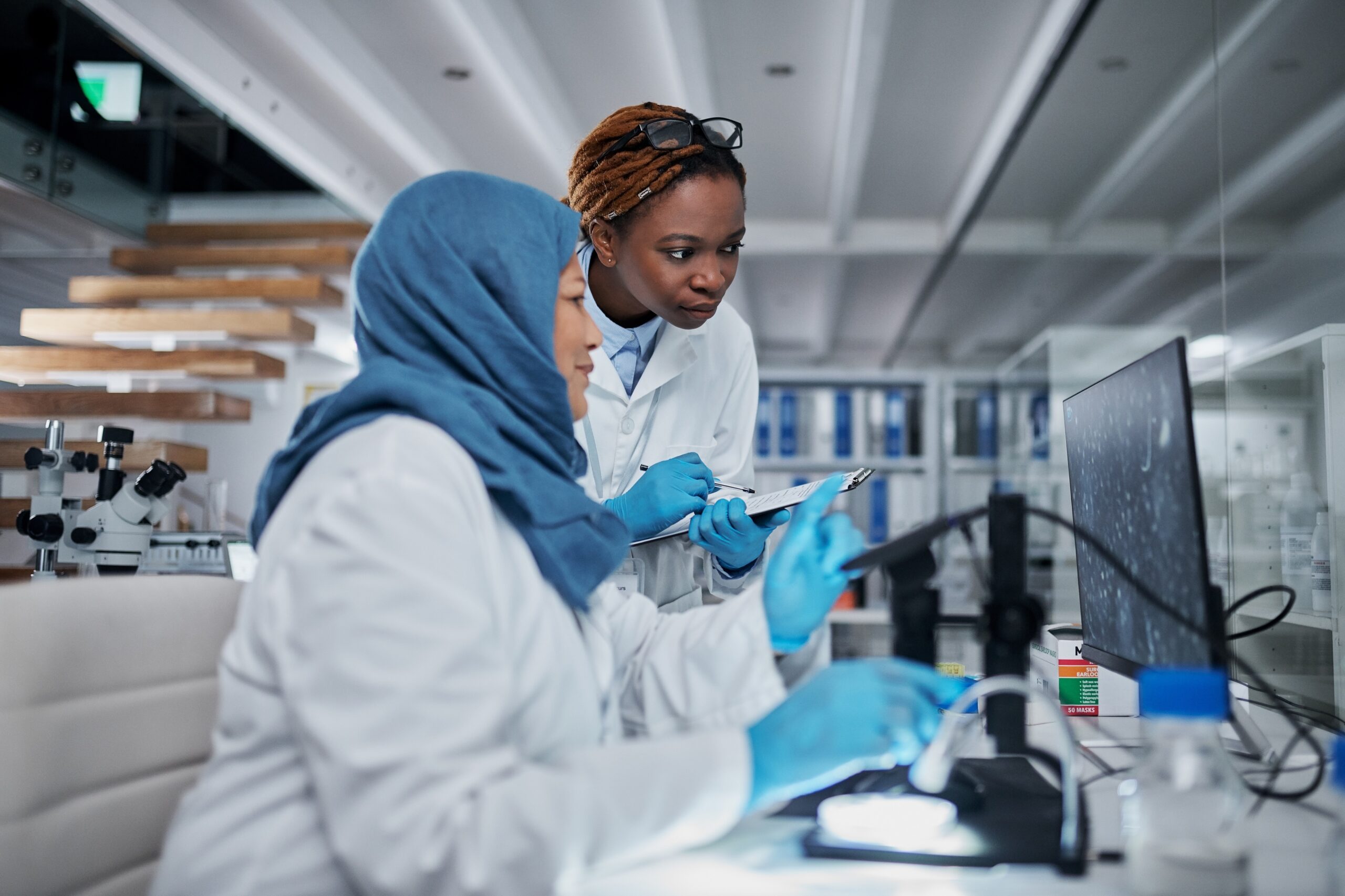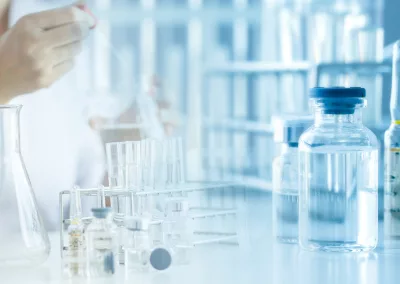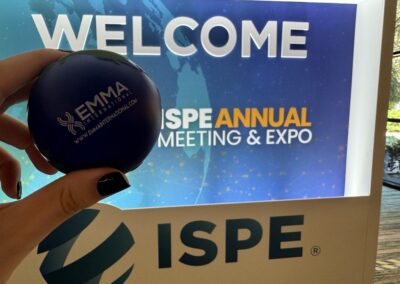Nanotechnologies in medical devices, drugs, and cosmetics are on the rise and becoming more prevalent [1,2]. Nanotechnology is defined by the manipulation of material at dimensions between 1 and 100 nanometers [1]. Recent scientific advancements have allowed for the ability to manipulate and control near-atomic scale sized materials, allowing for extremely precise changes leading to the development of new medicines and drugs.
A few of these nanotechnology-products have been approved by the FDA. However, regulating these types of products is difficult as they require high-precision equipment to test their claims. Back in 2006, the FDA created the Nanotechnology Task Force to determine the regulatory pathways for these technologies in the U.S. as well as internationally [3]. As of current, The National Center for Toxicological Research, Office of Regulatory Affairs, Nanotechnology Core Facility, and Arkansas Human and Animal Food Laboratory are working in conjunction with each other to be able to detect nanoscale materials in biological samples by applying similar methodologies used to detect nanoscale materials in toxicological studies [1]. Proper refinement of these procedures will open the door for a higher-throughput of nanotechnology-driven products being approved by the FDA.
The regulatory pathways of the FDA are constantly evolving and adapting to the breakthroughs in science. The use of nanotechnologies in drugs, food, cosmetics, and medical devices is a great example of this. Common nanotechnology-based drugs that are FDA approved use a nano delivery system to treat a variety of different cancers and common organ diseases. Consistent regulatory updates will allow for nanotechnology-based products to hit the market sooner.
If you need help understanding the regulations and rules for your medical devices for FDA compliance, the team of experts at EMMA International can help! Contact us today at info@emmainternational.com or by calling 248-987-4497.
[1] FDA. (2023, April 13). Nanotechnology. U.S. Food and Drug Administration. https://www.fda.gov/news-events/press-announcements/fda-takes-additional-steps-advance-decentralized-clinical-trials
[2] FDA. (2021, February 23). Nanotechnology Programs at FDA. U.S. Food and Drug Administration. https://www.fda.gov/science-research/science-and-research-special-topics/nanotechnology-programs-fda
[3] FDA. (2021, February 23). Nanotechnology Task Force. U.S. Food and Drug Administration. https://www.fda.gov/science-research/nanotechnology-programs-fda/nanotechnology-task-force





